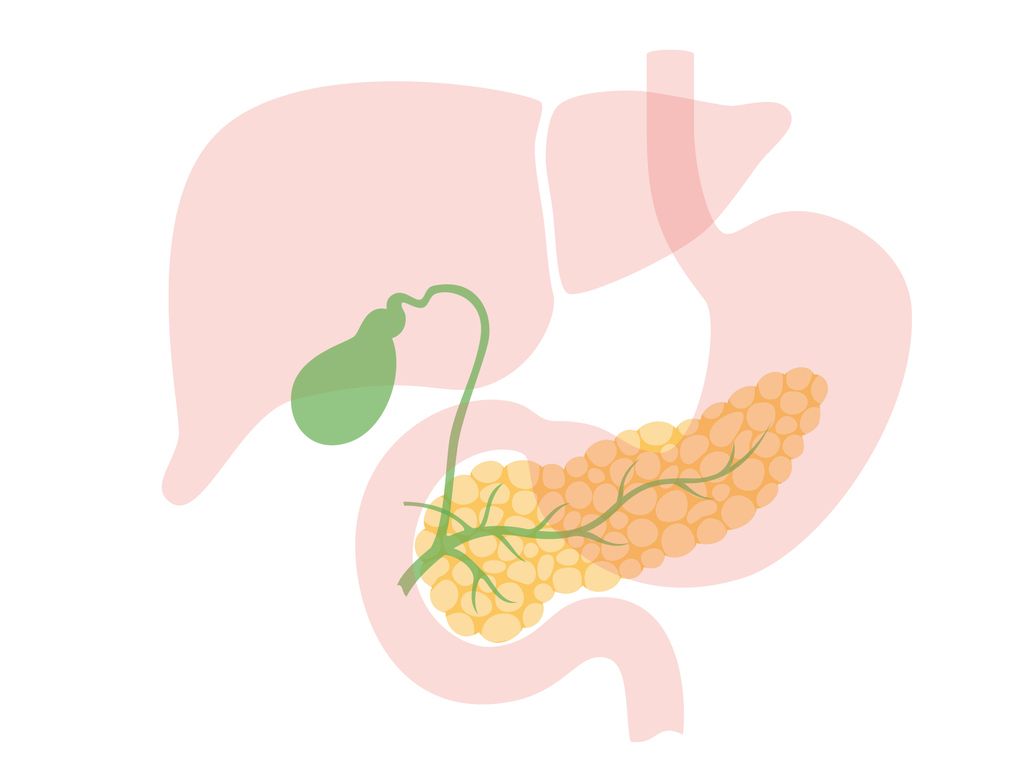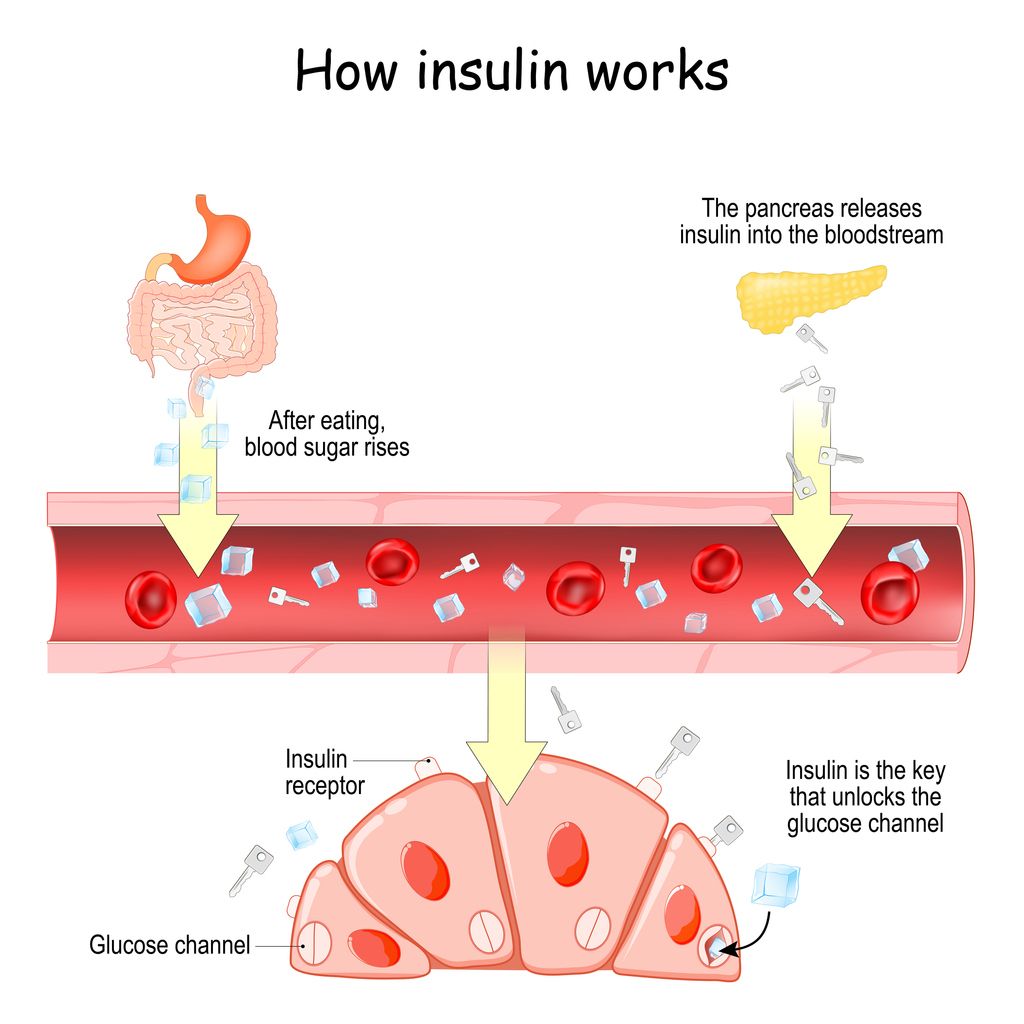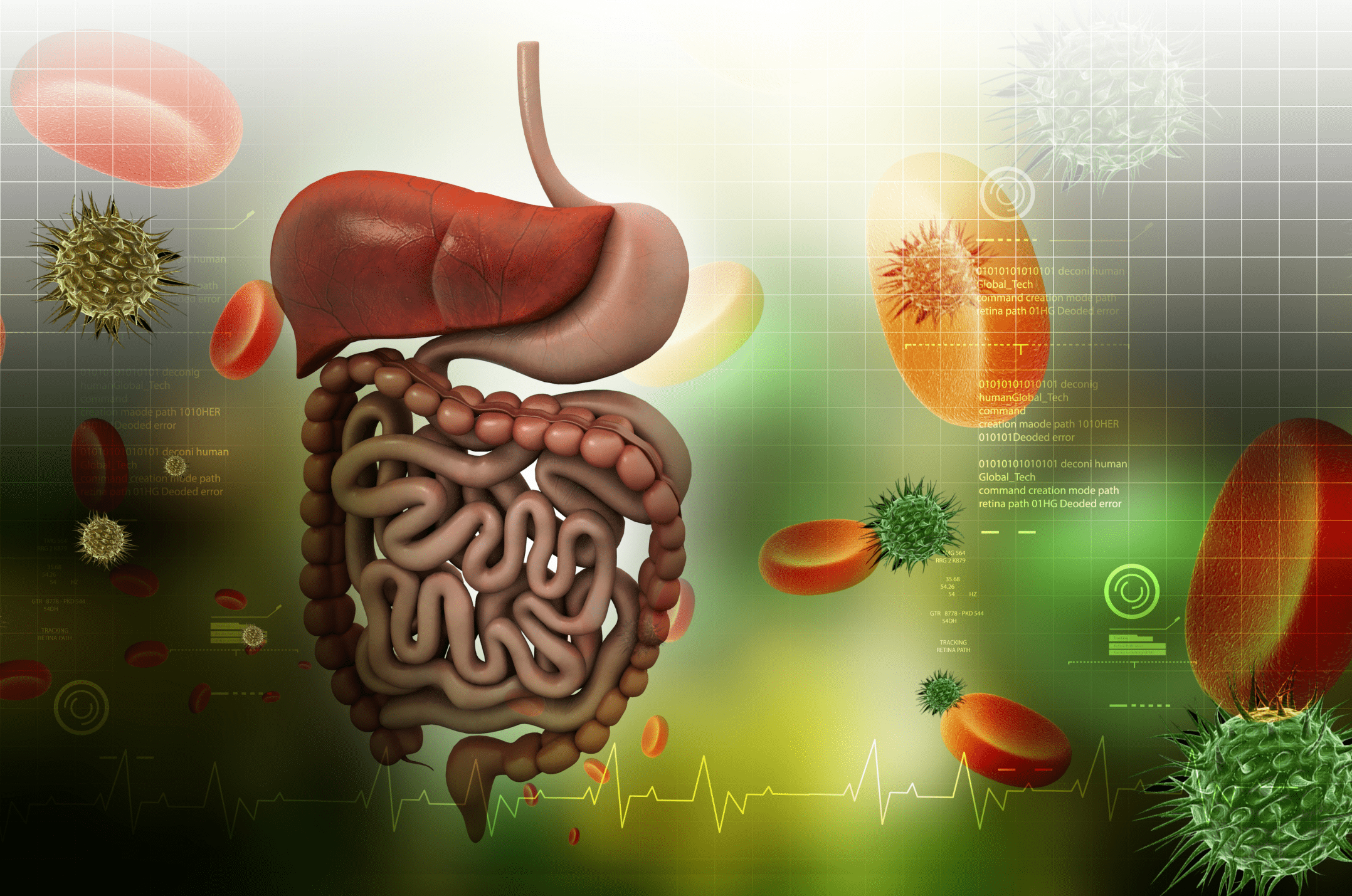Meet Your Pancreas
In the intricate orchestra of our body’s organs, the pancreas plays a quiet yet vital role. Nestled just behind the stomach, it’s a true unsung hero, and understanding its importance can lead to a healthier and happier life.

One Organ, Two Hats
The pancreas is a gland that performs two functions: endocrine and exocrine.
The Endocrine Function involves the production of hormones like insulin and glucagon, which are essential for regulating blood sugar levels. Insulin acts as a key that unlocks the cells’ ability to absorb glucose for energy, while glucagon raises blood sugar levels when needed.
The Exocrine Function: releases digestive enzymes into the small intestine, helping break down food. These enzymes, including amylase and lipase, are crucial for proper digestion and nutrient absorption.

The Dark Side of Sweet
Candy and Pumpkin spiced lattes may taste really good and they give the body energy, but are they sustaining? NO!
With so much sugar at your fingertips everywhere you go, it pays to be mindful of what you put in your mouth. A piece of candy here or there adds up.
And excess sugar in your diet depletes the immune system, messes with your sleep quality, harms your metabolism, and turns your powerful, persistent pancreas into a pitiful, problematic one.
Understanding The Power Of Insulin
The endocrine function of the pancreas produces insulin through specialized beta cells, which is the key to glucose regulation. When we eat, the pancreas releases insulin to allow cells to absorb glucose for energy. Keeping this process finely tuned is crucial for overall health.

Often referred to as the body’s “glucose gatekeeper,” insulin plays a pivotal role in maintaining optimal blood sugar levels and ensuring that your cells receive the energy they need.
It is a hormone with several essential functions:
1. Glucose Regulation: When you consume carbohydrates, your digestive system breaks them down into glucose, which enters your bloodstream. Elevated blood glucose levels can be harmful, so insulin acts as a regulator. It signals to your cells to open up and allow glucose to enter, reducing blood sugar levels to a healthy range.
2. Energy Distribution: Once glucose enters the cells, it is used as the primary source of energy. Insulin facilitates this process, ensuring that your body’s tissues receive the necessary fuel for their functions. Without insulin, glucose would remain in the bloodstream, leading to high blood sugar levels and cellular energy shortages.
3. Energy Storage: Excess glucose not immediately needed for energy is converted into glycogen and stored in the liver and muscles for future use. Insulin regulates this storage function, preventing dangerous spikes in blood sugar.
So, What Pains The Pancreas?

As we’ve learned, insulin is essential for your health, and there are several factors can hamper its ability to do its job effectively:
1. Insulin Resistance: This condition occurs when your cells become less responsive to insulin’s signals. As a result, your pancreas produces more insulin to compensate, leading to higher insulin levels in the bloodstream. Insulin resistance is often associated with obesity, sedentary lifestyles, and genetics. It can eventually lead to type 2 diabetes if not managed.
2. Poor Diet: A diet high in refined carbohydrates, sugars, and unhealthy fats can contribute to insulin resistance. These foods can cause rapid spikes in blood sugar, requiring more insulin production and increasing the risk of resistance over time.
3. Obesity: Excess fat, especially around the abdomen, is linked to insulin resistance. Adipose tissue can release chemicals that disrupt insulin signaling in cells.
4. Sedentary Lifestyle: Physical inactivity reduces insulin sensitivity. Regular exercise helps maintain or improve insulin sensitivity, allowing glucose to enter cells more effectively.
5. Stress: Chronic stress can elevate cortisol levels, which can interfere with insulin’s actions. Stress management techniques, described below, can help.
6. Medications and Health Conditions: Certain medications, such as corticosteroids, and certain medical conditions like polycystic ovary syndrome (PCOS), can affect insulin sensitivity.
7. Genetics: Some individuals may have a genetic predisposition to insulin resistance.
If you suspect insulin resistance or have concerns about your blood sugar, let’s chat.
How You Can Pamper Your Pancreas
1. Balanced Nutrition: Opt for a balanced diet rich in whole foods, fiber, lean proteins, and healthy fats. This promotes steady blood sugar levels and eases the workload on your pancreas. High-fiber foods like vegetables, clean protein, and healthy fats help slow down the absorption of sugar, preventing spikes.

***Dr. Brook’s Lil’ Tidbit: while cashews may have tons of health benefits, they can be tough on your pancreas. If you suspect pancreas problems, removing cashews from your diet may help.
2. Moderate Sugar Intake: Reduce your consumption of sugary drinks and processed snacks. Excessive sugar can strain the pancreas and lead to insulin resistance.
3. Portion Control: Eating in moderation helps maintain stable blood sugar levels. Smaller, more frequent meals can be gentler on your pancreas, preventing it from overproducing insulin.
4. Stay Hydrated: Proper hydration supports digestion and the pancreas’ functions. Aim for at least eight glasses of water a day to keep your digestive system working optimally.
5. Regular Exercise: Physical activity enhances insulin sensitivity and promotes overall metabolic health. Incorporate both cardiovascular and strength training exercises into your routine.
6. Stress Management: Chronic stress can negatively impact your pancreas. Stress hormones like cortisol can raise blood sugar levels. Incorporate relaxation techniques like meditation and prayer, journaling, or deep breathing into your daily routine to reduce stress.
7. Avoid Smoking and Excess Alcohol: Both can harm the pancreas. Smoking damages blood vessels, reducing blood flow to the pancreas, while excessive alcohol consumption can lead to pancreatitis, an inflammation of the pancreas.
Understanding the role of insulin and the factors that can affect its function is crucial for maintaining good health.
By adopting a healthy lifestyle that includes balanced nutrition, regular physical activity, stress management, and adequate sleep, you can support your pancreas in its vital role of regulating blood sugar and energy distribution.Listen to the Subtle Signals of Your Body
Your body often communicates its needs through subtle signals. Pay attention to changes in energy levels, digestion, and mood. If something feels off, consult with myself or a functional medicine doctor, who considers the whole body’s interconnectedness.
By nurturing your pancreas and being attuned to its wisdom, you can support your overall health and well-being. Remember, your body is a magnificent symphony, and every organ plays a crucial note. Let’s keep the harmony going and live our best, healthiest lives.




